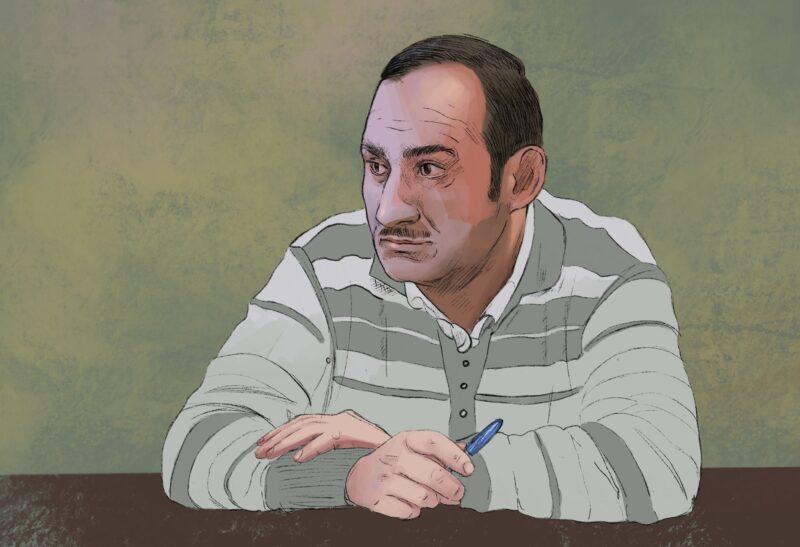This week saw a decrease in hotel occupancy in Azerbaijan, EU Delegation head meeting journalists in Baku and unexpected travel bans for journalists trying to leave the country.
Azerbaijan and COP29: hotel occupancy drops and regional infrastructure lags
In the first quarter of 2024, Azerbaijan experienced a significant decrease in hotel occupancy rates, with a notable decline of 17.8 percent and a remarkable 80 percent of hotel rooms remaining unoccupied nationwide. However, amidst this decline, the number of overnight stays increased by 13.4 percent compared to the same period last year, reaching a total of 779.4 thousand stays. Baku emerged as the favored destination, claiming 64.7 percent of hotel bookings, followed by regions like Gusar, Naftalan, and Guba.
One of the reasons why few tourists have come to Azerbaijan in recent years is that the borders of the country have been closed for more than 4 years. Independent experts say that if the government wants to develop tourism if it plans to take income from this area, it should first open its land borders.
And despite Baku’s enduring popularity among tourists, concerns have arisen from independent experts regarding Azerbaijan’s preparedness to host the upcoming COP29 climate change conference, particularly concerning accommodation infrastructure. The evident shortage of quality hotels beyond the capital city raises apprehensions and concerns.
Peter Mikhalko: “Some of the journalists who were with us last year are now in prison”
Peter Mikhalko, the head of the European Union Delegation in Azerbaijan, emphasized the link between freedom of speech and democracy during a meeting with journalists on May 3, in observance of International Press Freedom Day. He expressed concern over the absence of some journalists from the gathering, noting their imprisonment.
Addressing various topics including the importance of independent media, Azerbaijan-Armenia relations, and EU support, Mikhalko stressed the essential role of free journalists in society. He highlighted the growing risks faced by journalists globally, with over 100 killed and more than 300 imprisoned last year alone, often due to their professional activities.
Mikhalko underscored the EU’s commitment to human rights, the rule of law, and democracy, emphasizing their importance as partnership priorities with Azerbaijan. As the country prepares to host COP29, he noted the global scrutiny Azerbaijan will face, highlighting the significance of press freedom, especially in the context of climate change discussions. Additionally, Mikhalko discussed the EU’s ongoing dialogue with Azerbaijani officials regarding media freedom.
Journalist discovers travel ban at the airport
Journalist Nigar Mubariz was barred from leaving the country on May 3, preventing her from traveling to the United States for education. This incident adds to a trend over the past six months where numerous journalists, civil society representatives, and social activists have faced similar restrictions on their travel, with many citing Ministry of Internal Affairs decisions as the reason for their travel bans.
Imran Aliyev, head of the Meclis.info website, was detained at the airport on April 18 and later accused in a criminal case related to the AbzasMedia publication. His case is part of a broader crackdown on journalists and civil society members since November 2023, with around 20 individuals facing arrest. All of them have been charged with financial smuggling, but maintain their innocence, alleging that the charges are fabricated in retaliation for their anti-corruption investigations and criticism of the government.



